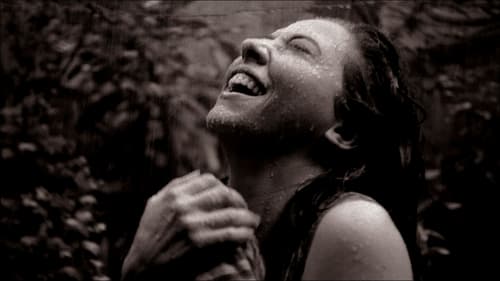
Post Producer
A political mockumentary that never talks about politics. The film follows Rose, a "professional dog walker" who has recently occupied a vacant house which now she calls home: the realization of a dream. While claiming to take care of the property until the return of the landlady, the new "tenant" creates intimacy with the house develops a fascination for the absent woman.

Cinematography
“On one side of the Atlantic” is about the first of a series of movies where a dialogue is proposed between the filmmaker Milena Manfredini and her artistic and affective references. These are movies where the director spears on the sea letters in an attempt to blur geographical, earthly finite and temporal barriers. This release is also destined towards the filmmaker Christopher Harris.

Director of Photography
A sensory journey in the city of Rio de Janeiro with street vendors and street artists as characters in this urban cartography in which past and present are crossed.

Colorist
The impeachment and removal from office of Brazilian President Dilma Rousseff in 2016 was triggered by a corruption scandal involving, among others, her then vice-president Michel Temer. Director Maria Augusta Ramos follows the trial against Rousseff from the point of view of her defence team. This is a courtroom drama that unfolds slowly: the appearances of the various parties gradually turn the proceedings into something akin to theatre. Inside the courtroom, grand emotions are played to full effect whilst, on the other side of the doors, lobbyists and supporters pace the corridors. Meanwhile, outside, in front of Brasília’s modernist government buildings, demonstrators are chanting like a Greek chorus. Only the main character, Rousseff herself, remains professional and aloof.

Second Assistant Camera
Eight iconic performers of the first generation of Brazilian transvestite artists go on stage to celebrate their 50th career jubilee. The film depicts the human, personal dimension behind these icons, deconstructing gender stereotypes.

Colorist
A deep investigation, in the way of a poetic essay, on one of the main Latin American movements in cinema, analyzed via the thoughts of its main authors, who invented, in the early 1960s, a new way of making movies in Brazil, with a political attitude, always near to people's problems, that combined art and revolution.

Camera Operator





